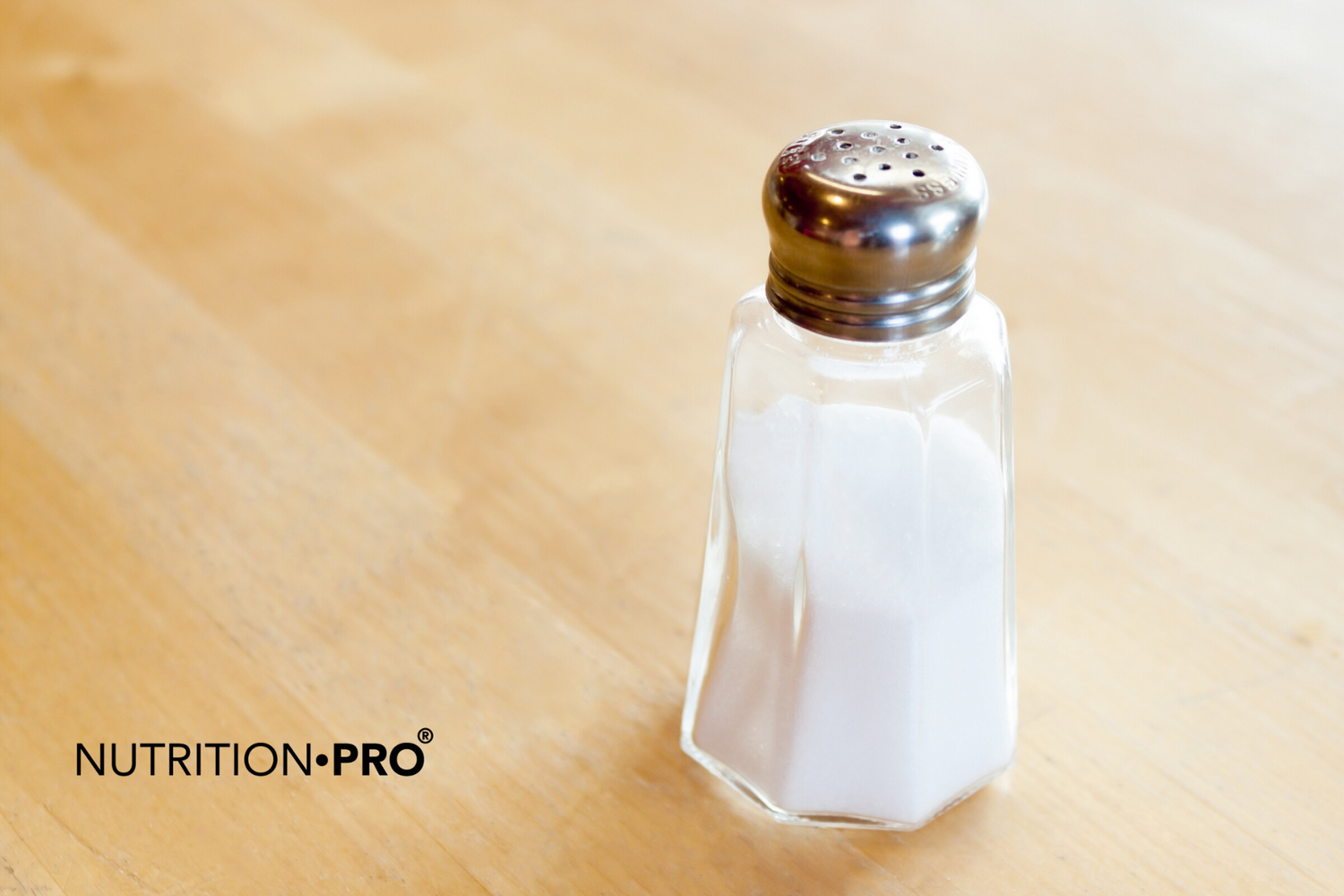Salt, or sodium chloride, contains approximately 40% sodium to 60% chloride.
The human body needs a light amount of sodium to direct nerve impulses, relax muscles and maintain a stable water-mineral balance.
It is estimated that about 500 mg of sodium are needed per day for these vital functions. Conversely, excessive consumption of salt can have harmful consequences on our body.
Mainly in cardiovascular diseases but not only, excess salt can also lead to:
- High blood pressure
- kidney failure
- Water retention
- Premature skin aging
And many other pathologies...
Processed foods are full of salt
The problems do not necessarily come from your salt shaker, indeed, industrial dishes are very salty.
Prefer to industrial dishes (generally higher than 3g) cooked dishes and moderate in salt.
Always remember to check product labels. To avoid exceeding the recommended daily salt intake, choose dishes containing less than 1.9 g of salt.
The WHO recommends a daily consumption of 5 grams of salt per person
Salt is necessary and beneficial for our health, but in moderation .
The average consumption of the French exceeds 10 grams, to avoid the pathologies mentioned above, please monitor your daily salt consumption and remember to hydrate yourself sufficiently.
Some tips to reduce your salt intake
- Limit the addition of salt to homemade dishes
- Use spices and herbs to flavor your dishes
- Read food labels in stores and buy only those with little or no salt
- Eat more fresh foods
- Rinse canned vegetables with water before eating them.
- Limit the amount of salty snacks you eat, especially cold cuts and appetizer cakes
- When dining out, ask that your dish be prepared without added salt.















